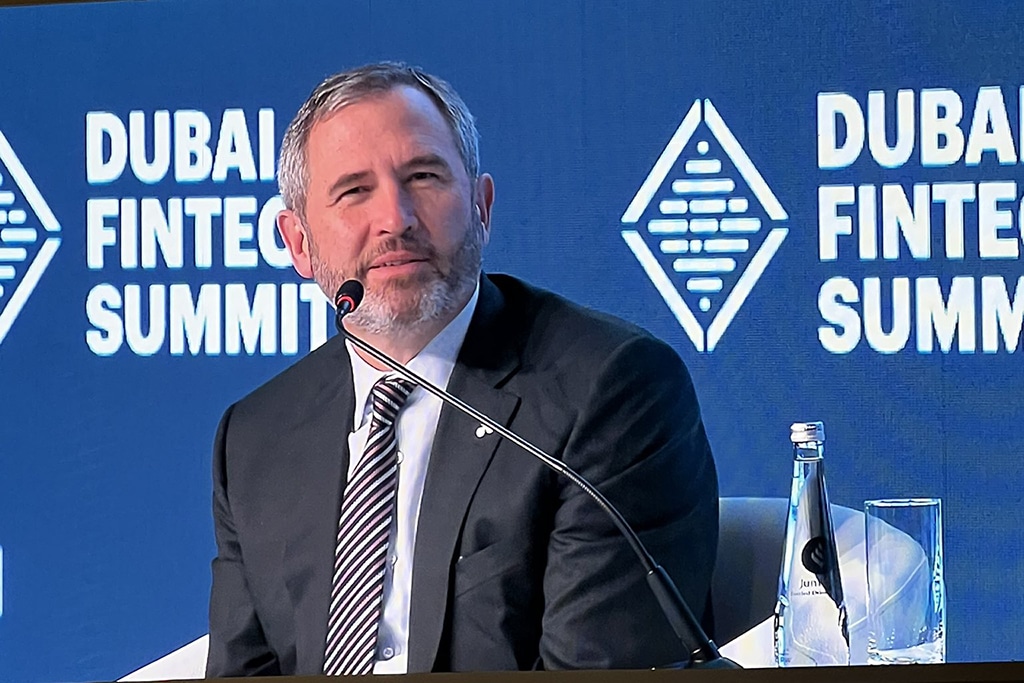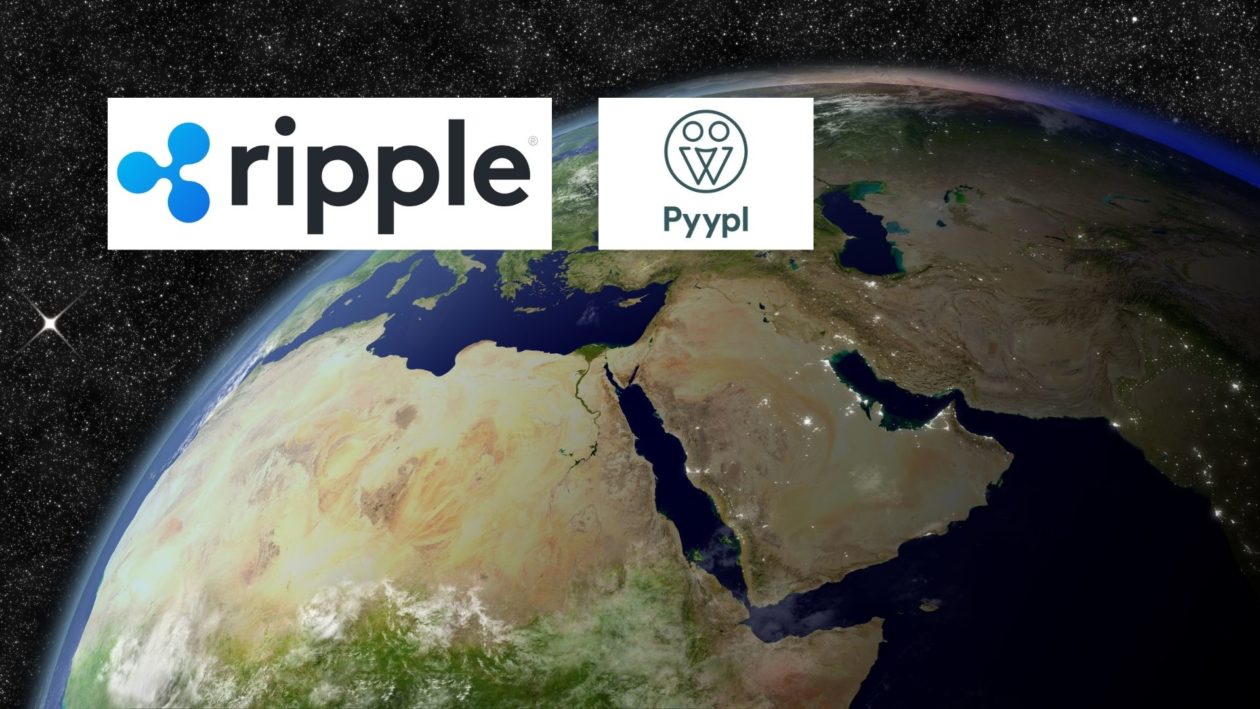
Ripple's recent strategic expansion into the Middle East marks a pivotal moment for the company and the broader cryptocurrency landscape in the region. The company's acquisition of a regulatory license from the Dubai Financial Services Authority (DFSA) underscores Dubai's burgeoning role as a hub for digital assets and highlights Ripple's commitment to establishing a foothold in the Middle Eastern market. This development allows Ripple to offer regulated crypto payment services within the Dubai International Finance Centre (DIFC) and across the United Arab Emirates (UAE), significantly enhancing its global footprint.

Expanding Horizons: Ripple's Middle Eastern Strategy
Ripple's entry into the Middle Eastern market is a strategic maneuver to tap into a region that is increasingly embracing digital finance. The DFSA's licensing of Ripple, the first of its kind in the area, positions the company uniquely within a market that is projected to become a crucial node in the global cryptocurrency network. According to market analysts, the Middle East's digital economy is poised for substantial growth, driven by progressive regulatory environments and a strong focus on digital innovation.
Brad Garlinghouse, CEO of Ripple, remarked on the significance of this move, stating, "Securing a regulatory license in Dubai is a testament to our commitment to work with forward-thinking regulators who understand the potential of blockchain technology to transform the financial landscape."
The Regulatory Landscape
The DFSA's licensing of Ripple is part of a broader regulatory framework aimed at fostering innovation while ensuring market stability and consumer protection. Dubai has established itself as a pioneer in creating a conducive environment for financial technology through initiatives that support digital asset adoption. The DIFC, where Ripple will operate, is a leading financial center, known for its robust regulatory framework that attracts a diverse range of financial services companies.
Ripple’s license is not just a regulatory checkbox; it's a strategic tool that allows the company to navigate and comply with local regulations, providing assurance to clients and investors alike. The DFSA has been instrumental in setting standards that encourage transparency and security in the digital finance sector, crucial elements for building trust in the cryptocurrency ecosystem.
Market Impact and Opportunities
Ripple's expansion into the UAE opens up numerous opportunities for the company and the broader crypto market. The Middle East is experiencing a rapidly growing interest in cryptocurrencies, with a significant increase in the number of digital asset exchanges and blockchain initiatives. As Ripple begins its operations under the new license, it can leverage its technology to offer faster, cheaper, and more reliable payment solutions, potentially capturing a significant share of the remittance market—a critical sector in the region.
The UAE's growing prominence in the global cryptocurrency market is evidenced by significant investments, such as Abu Dhabi's MGX's recent $2 billion investment in Binance. Such activities reflect the region's ambition to become a leader in digital finance, supported by strategic partnerships and regulatory advancements. For Ripple, this environment presents an ideal landscape to deploy its blockchain solutions and expand its client base.

Expert Insights
Industry experts believe Ripple’s DFSA licensing can catalyze further adoption of blockchain technologies in the Middle East. "The regulatory clarity provided by the DFSA is a game-changer for companies like Ripple, which are looking to scale operations in new regions," notes Fiona Smith, a blockchain consultant.
Moreover, the strategic location of the UAE as a gateway between the West and East offers unique opportunities for Ripple to facilitate cross-border transactions, which is particularly important for the large expatriate community in the Middle East that frequently sends and receives remittances.
Challenges and Considerations
Despite the promising outlook, Ripple must navigate challenges inherent in entering new markets, including competition from established players and adapting its services to meet local market demands. Maintaining compliance with evolving regulations will also be crucial as governments in the region continue to refine their policies in response to the fast-paced nature of the cryptocurrency market.
Additionally, Ripple's expansion comes at a time when global regulatory scrutiny on cryptocurrencies is intensifying. The company must therefore balance its growth ambitions with adherence to international regulatory standards, ensuring its operations in the Middle East align with its global compliance framework.
Conclusion
Ripple's strategic expansion into the Middle East, underpinned by its DFSA license, represents a significant advancement in the company's global strategy to enable seamless financial transactions using blockchain technology. As Ripple begins this new chapter in Dubai, it is poised to play a crucial role in the region's digital transformation, potentially setting a precedent for other cryptocurrency companies seeking to enter the Middle Eastern market.
With the UAE leading the charge in digital finance and Ripple positioned strategically within this vibrant ecosystem, the stage is set for significant advancements in blockchain applications that could redefine financial transactions in the region. As the Middle East continues to embrace the digital economy, Ripple's expansion marks not only a milestone for the company but also a pivotal moment for the global cryptocurrency industry.

In summary, Ripple's foray into the Middle Eastern market through its DFSA licensing is not just a business expansion but a strategic alignment with a region that is rapidly becoming a nucleus of digital finance innovation. As this journey unfolds, the insights gleaned from Ripple's operations in Dubai could provide a blueprint for similar expansions in other global markets.